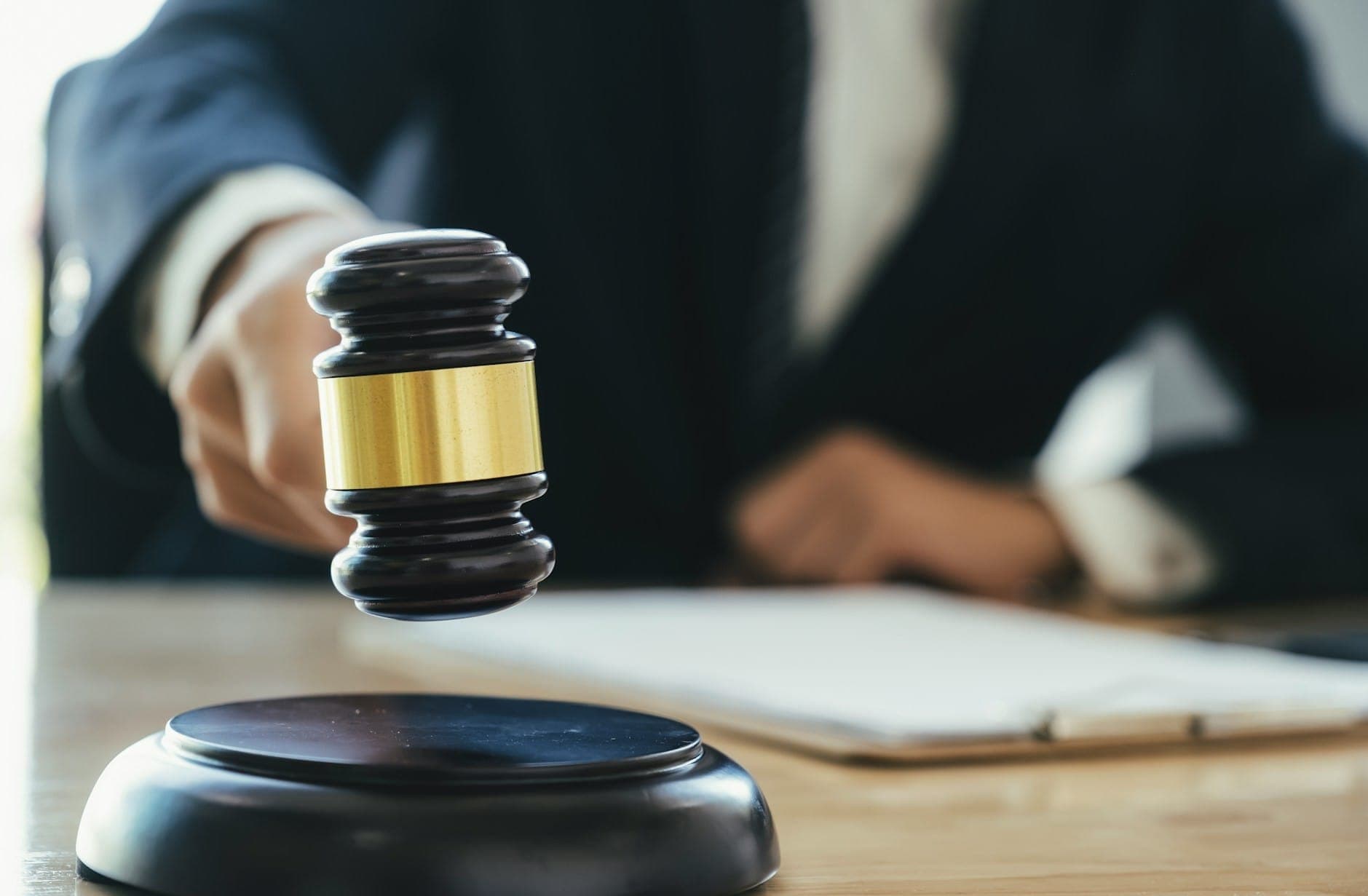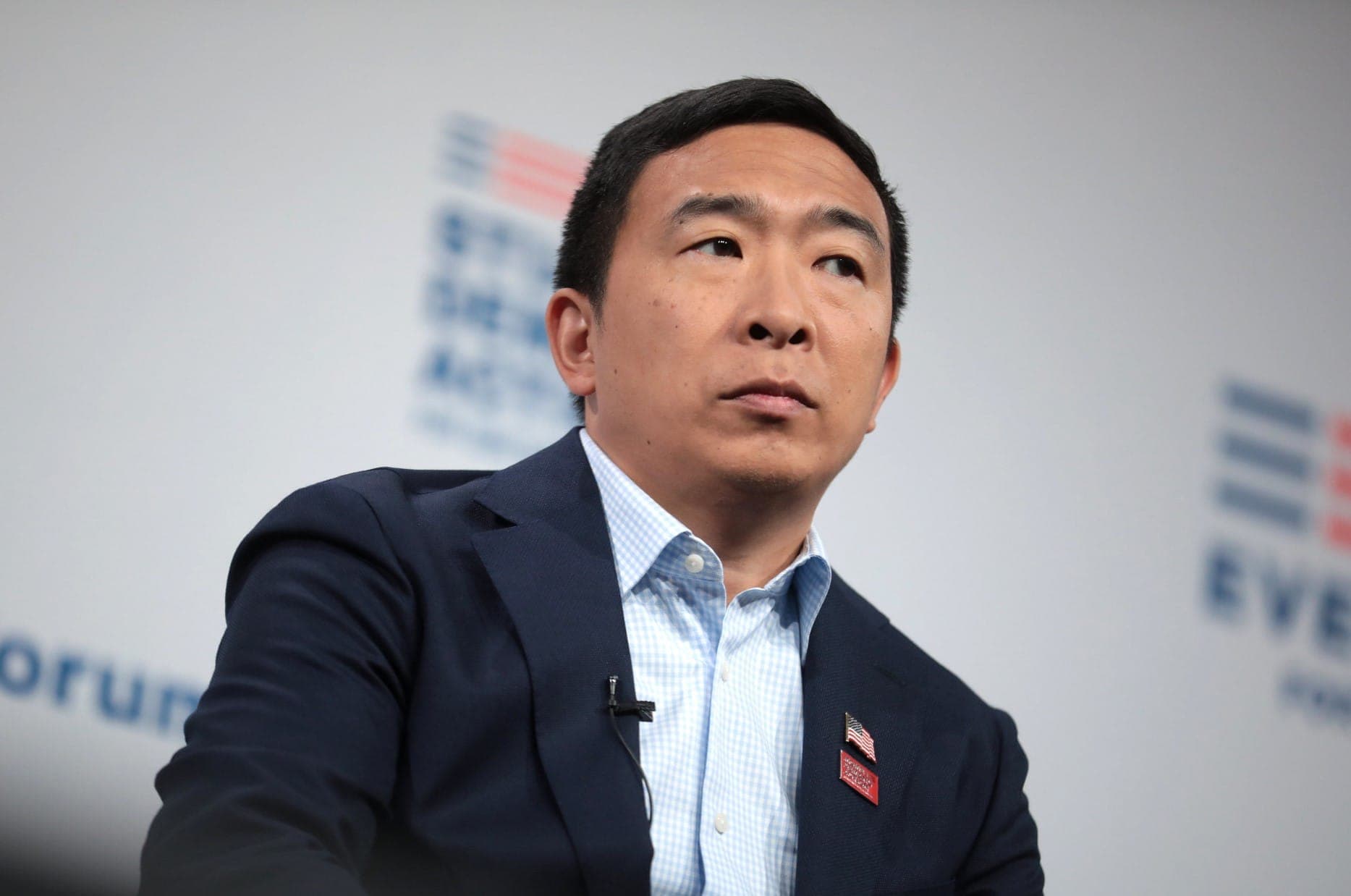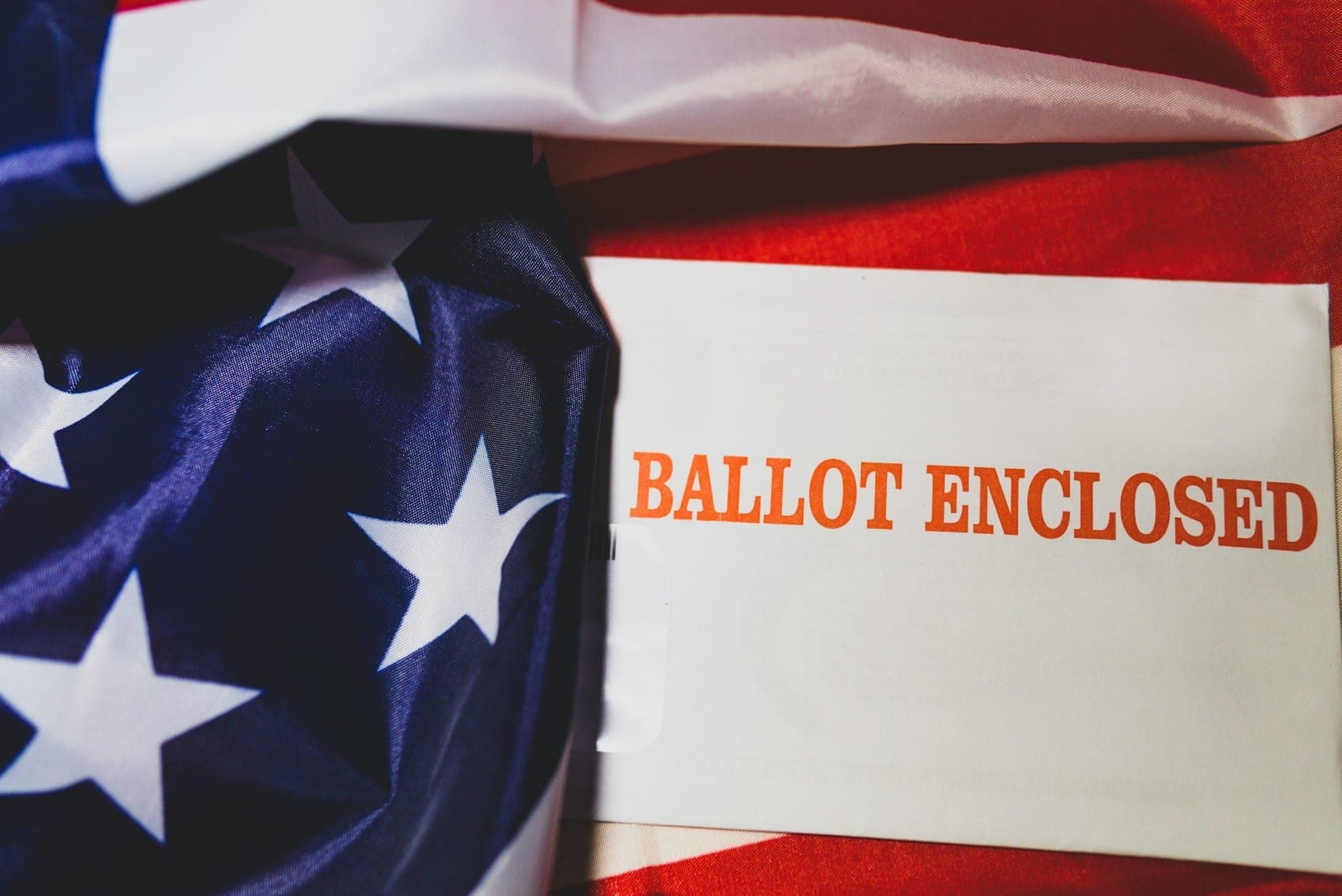Believe It or Not, There Is Still a 2024 Election That Hasn't Been Called

It may be hard to believe, but as of April 2025, there is still one election in the US from the last election cycle that has not been called: the 2024 North Carolina Supreme Court election between incumbent Democratic Justice Allison Riggs and Republican challenger Jefferson Griffin.
After the initial count and subsequent recounts, Riggs led Griffin by 734 votes out of over 5.5 million ballots cast. The outcome will determine the partisan balance of the court -- a stake that seems paradoxical for what is supposed to be a independent branch of government.
The North Carolina Supreme Court consists of seven justices. Prior to the 2024 election, the court had a 5-2 Republican majority Depending on the outcome of this election, this majority will either hold as is or increase to 6-1
Voter Eligibility Disputes Put GOP-Controlled Courts at Odds with Dem-Controlled Elections Board
At issue are legal challenges over ballot verification. Griffin has challenged the validity of approximately 65,000 ballots, claiming issues such as missing voter ID information.
For example, he contends that more than 61,000 ballots were cast by people with incomplete voter registration records. Specifically, he asserts that many of these voters lacked a driver's license number or the last four digits of a Social Security number.
He also has challenged more than 5,500 ballots submitted by military and overseas voters, claiming that these ballots were accepted without identification or documentation required by state election law. And his legal team claims over 500 ballots were cast by people who have never resided in North Carolina.
However, the State Board of Elections dismissed these challenges, asserting that the ballots were legally cast under existing rules. The board, which has a Democratic majority, argued that Griffin did not provide substantial evidence to back up his claims.
Further, the board asserted that many of these voters have participated legally in previous elections without issue.
"As North Carolinians, we cherish our democratic process. Protecting election integrity is not just an option—it's our duty. These protests are about one fundamental principle: ensuring every legal vote is counted," Griffin stated in a press release on November 20.
Democratic leaders and organizations in North Carolina have criticized Griffin, calling his actions an attack on voting rights in the state.
"Griffin is making a mockery of the system he wishes to represent—demanding that the Republican-controlled state Supreme Court cancel the lawfully cast ballots of thousands of North Carolinians and simply hand him a seat on the bench," said DNC Executive Director Sam Cornale.
Where Are Things Now?
Griffin appealed the State Board of Elections' decision. The North Carolina's Court of Appeals agreed to hear the case in February and on April 4, 2025, a three-judge panel ruled 2-1 in his favor, ordering election officials to provide affected voters with 15 business days to correct their ballot issues.
However, the North Carolina Supreme Court halted enforcement of the lower court's directive by issuing a temporary stay. Riggs and the State Board of Elections argued that implementing the decision could cause widespread voter confusion and potentially disenfranchise tens of thousands of voters.
As the case is pending before the North Carolina Supreme Court, the outcome of the election remains uncertain. However, voters are frustrated and confused by so many ballots being challenged -- including North Carolinians from across the political spectrum.
Wade Leatham, a Republican member of the Wayne County Board of Education, was surprised to find his vote under scrutiny despite his longstanding voting record. He remarked, "It makes no sense to me." Other voters, including overseas voters, have also expressed outrage that their votes may be rejected.
The longer the election remains unresolved the more damage it will do to voters' confidence in the state's election system at a time when many are already concerned about election integrity and the thought that they could be potentially disenfranchised for partisan gain.
 Shawn Griffiths
Shawn Griffiths





